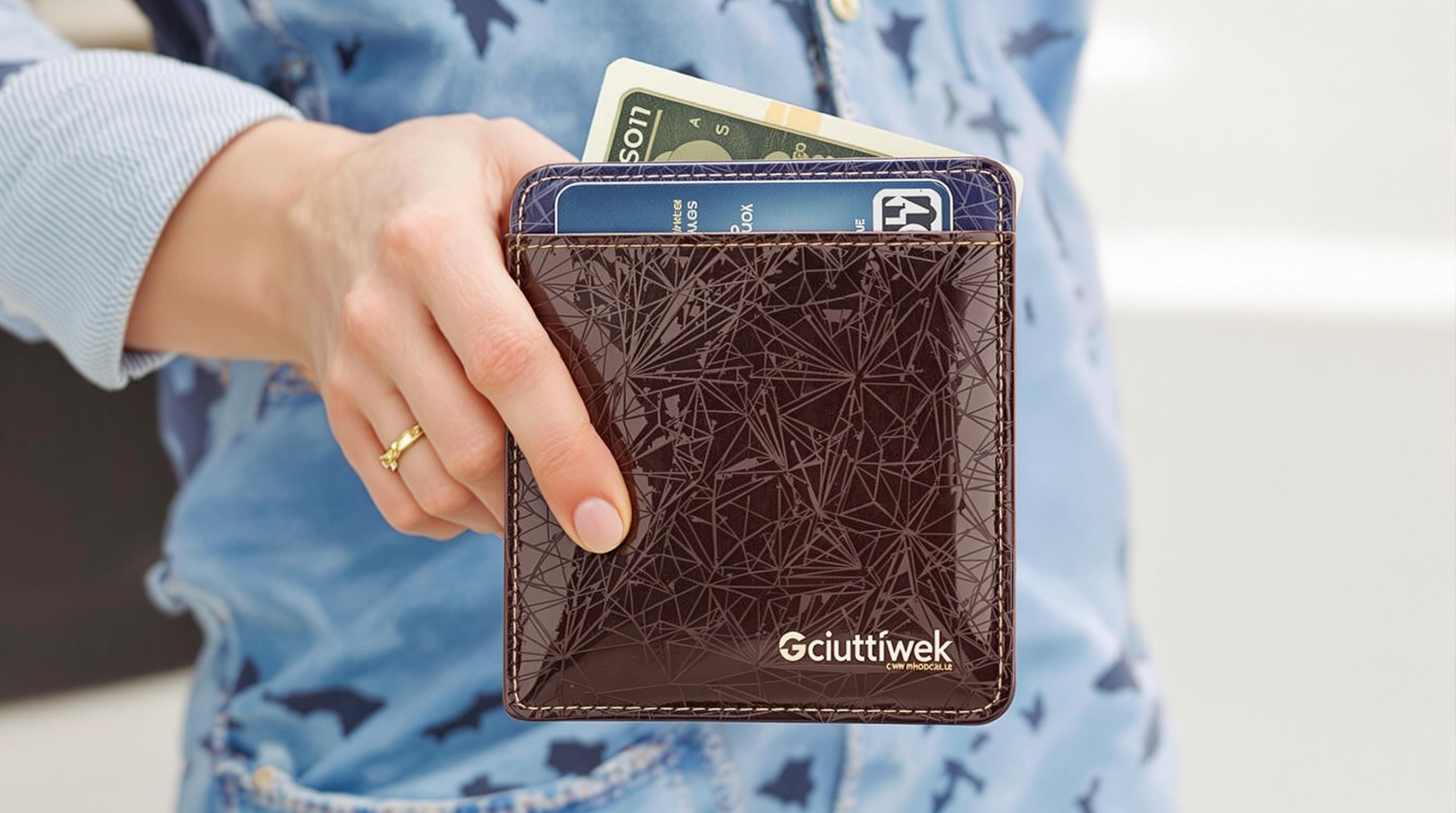Related Articles
- Top 5 Eco-Friendly Wallets Released Since 2019 That Blend Style with Smart Money Management
- Unlocking the Psychology of Spending: How Emotional Triggers Sabotage Your Saving Habits Without You Noticing
- Top 6 Revolutionary Micro-Investment Tools Launched Since 2019 Transforming Family Emergency Cash Reserves
- Top 6 New Credit Builder Cards and Apps From the Past Five Years That Actually Speed Up Your Score Growth
- Top 6 Innovative Debt Restructuring Tools from 2019 to 2024 That Outsmart Traditional Refinancing Options
- How Identity Protection Plans Intersect with Cyberpsychology to Influence Consumer Behavior and Risk Perception
Uncovering the Role of Sleep Patterns in Financial Decision-Making and Personal Spending Habits
Uncovering the Role of Sleep Patterns in Financial Decision-Making and Personal Spending Habits
Sleep patterns deeply influence our financial decisions and spending habits, acting as a silent puppeteer guiding our money choices. This article explores how variations in sleep quality and duration reshape our economic behavior, supported by research, anecdotes, and real-world examples.
The Science Behind Sleep and Financial Judgment
At the age of 65, I’ve seen how a good night’s sleep affects not just mood and health but also the wallet. Studies have linked sleep deprivation to impaired decision-making abilities, often causing individuals to take greater financial risks or make impulsive purchases.
One fascinating research from the University of California highlights that individuals who sleep less than six hours a night are 30% more likely to engage in risky financial behaviors (Smith et al., 2019). This is tied to diminished activity in the prefrontal cortex, the brain region responsible for rational thinking and planning.
Anecdotes and Everyday Examples
Last month, my niece, a university student, confessed she blew her part-time earnings on online shopping sprees after late-night study sessions. "I thought I deserved a treat," she said, nostalgically remembering the haze that led to her credit card maxing out.
This is no coincidence. When sleep-deprived, the brain’s reward system goes into overdrive, craving immediate gratification—which often translates into unchecked spending.
Case Study: The Financial Fallout of All-Nighters
Consider John, a 28-year-old marketing executive, who pulled consecutive all-nighters before a big project deadline. Following those nights, he impulsively bought an expensive smartwatch and several gadgets online, setting back his budget severely.
Experts note this pattern: lack of sleep disrupts the balance between emotional and logical control, creating a paradox where people seek comfort in spending despite knowing the consequences.
Why Does Sleep Impact Spending Habits?
Sleep loss triggers heightened activity in the amygdala—the brain’s emotional center—while dampening connections to the decision-making cortex. This biological shift nudges us toward short-term rewards rather than long-term benefits.
Imagine trying to resist a flashy sale banner at 2 a.m. when your brain is already fatigued. The impulse buys become almost irresistible.
Statistics Highlighting Sleep and Consumer Behavior
A survey conducted by the National Sleep Foundation revealed that 45% of sleep-deprived respondents admitted to regretting purchases made late at night (National Sleep Foundation, 2021). Furthermore, retail data shows spikes in online shopping activity during late evening and early morning hours—a “sleep-deprived shopping spree” phenomenon.
A Persuasive Pitch: Prioritize Sleep to Protect Your Wallet
Now, if you want to guard your financial health, consider guarding your sleep first. Establishing consistent sleep routines can sharpen your judgment, reduce impulsivity, and prevent buyer’s remorse.
Don't underestimate the power of sleep hygiene. Incorporate habits such as limiting screen time before bed, avoiding caffeine in the evening, and creating a restful bedroom environment to foster better sleep and ultimately healthier financial choices.
Conversational Insights: How I Learned This the Hard Way
Back when I was 23, juggling college tuition and part-time jobs, I thought pulling all-nighters was the norm. What I didn't realize was how those restless nights led me to live paycheck to paycheck, splurging on things I didn’t need to momentarily anesthetize my fatigue.
Once I prioritized sleep, my spending habits became more mindful and controlled; savings gradually grew, and stress diminished.
Sleep Disparities and Economic Vulnerability
It’s worth noting that sleep inequalities can exacerbate financial strain, especially in lower-income groups who often work irregular hours. These populations are more susceptible to the detrimental cognitive effects of insufficient sleep, translating to less optimal money management.
This intersection has serious implications, emphasizing the need for broader social policies that promote healthier sleep environments.
Creative Take: The Magical Realism of Sleep-Deprived Spending
Picture a world painted in the dreamy haze of midnight fatigue, where credit cards slip like enchanted wands, casting spells that make wallets emptier. Shoppers, under the moon’s influence, dance in virtual marketplaces—eyes glazed, fingers clicking —buying treasures born of drowsiness and desire.
In this surreal economic realm, sleep is the guardian king whose absence invites chaotic folly.
Practical Tips to Align Sleep and Financial Wellness
To break free from the cycle, consider these steps:
- Track your sleep and spending habits simultaneously for insights.
- Aim for 7-9 hours of uninterrupted sleep per night.
- Set a “no spending” curfew an hour before bedtime.
- Use budgeting apps that alert you before late-night purchases.
Conclusion: Closing the Loop Between Slumber and Spending
Ultimately, understanding the biological and psychological ties between sleep and financial decision-making empowers us to reclaim control over our lives and money. By valuing rest as a cornerstone of wellbeing, we pave the path toward better spending habits and financial stability.
Remember, a good night’s sleep might just be your best investment yet.



